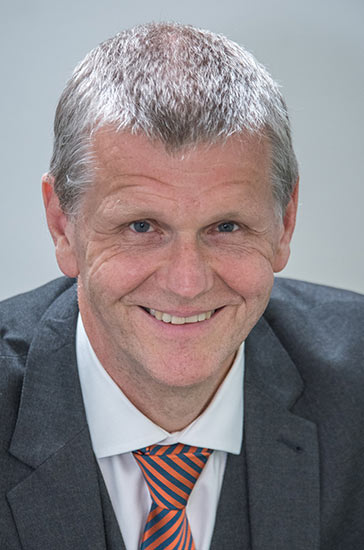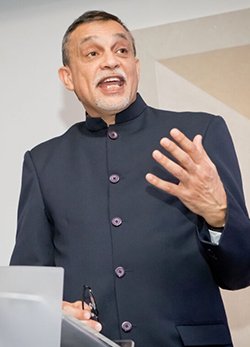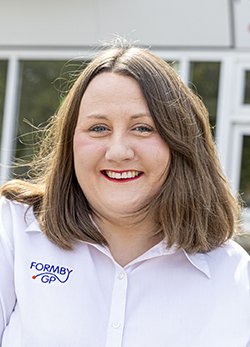
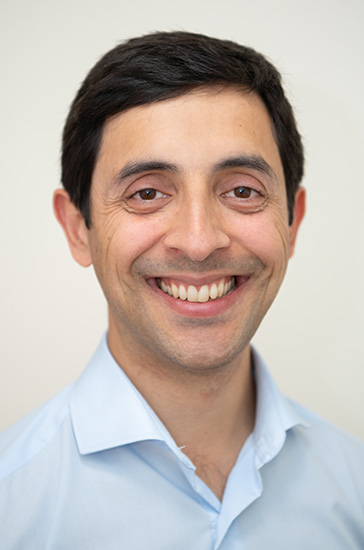
GP Lives: Adding value for College members
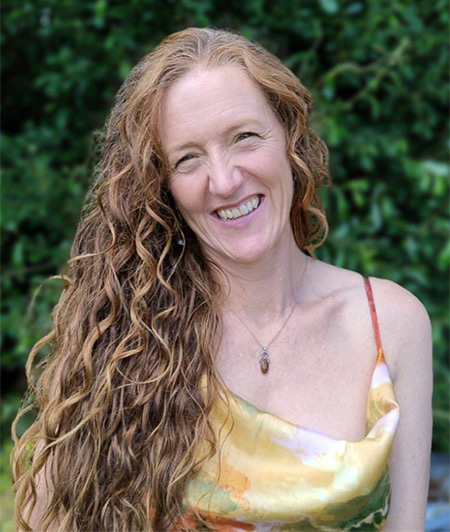
Dr Heidi Phillips developed an interest in neurodiversity after her best friend’s son was diagnosed with autism, which prompted her to seek further knowledge in the field. She gained insight by attending her local neurodevelopmental disorders service, sitting in on clinics for autism and ADHD. Her passion for the subject led to her training to become a neurodevelopmental specialist GP, allowing her to independently diagnose and treat patients. She is currently a Clinical Adviser for the RCGP and Chair of the College’s special interest group on neurodiversity.
While Heidi was developing a professional interest in neurodiversity, her daughter was undergoing the process of getting an ADHD diagnosis – and she herself was subsequently diagnosed, leading to an unexpected convergence of her work and family life.
“I started one day a week at the service, initially sitting in on consultations, then progressing to diagnosing and treating children and young people with ADHD,” she explains. She also undertook extra training in neurodiversity. But she soon became frustrated with the constraints of the service which included a lack of available consultation rooms with insufficient access to computers, and complex pathways for patients seeking care.
She reached out on social media to connect with others doing the same work and formed a small community of like-minded GPs. This evolved into the British Association for Neurodiversity (BAND). She went on to establish a special interest group within the RCGP for GPs who share an interest in neurodiversity, and Heidi, an associate professor at Swansea University Medical School and former GP partner, serves as its Chair.
Neurodiversity impacts individuals across all age groups and is also associated with increased rates of physical health concerns. Current estimates suggest that up to 20% of the population is neurodivergent, with a notable rise in diagnoses for conditions such as ADHD and autism. In this context, Heidi advocates for the involvement of GPs in the diagnosis and management of these conditions – but she emphasizes that this should not translate into placing an undue burden on general practice through insufficiently resourced shared care arrangements.
“We now know that people who are neurodivergent are more likely to have hypermobility, Ehlers Danlos syndrome, connective tissue problems, gut problems, dysmotility, constipation problems, fibromyalgia, chronic fatigue, and more,” she explains. Neurodivergence is also associated with increased risk of mental health conditions such as depression and anxiety.
“We need to be thinking about the whole person and the whole life course and that's general practice,” she says.
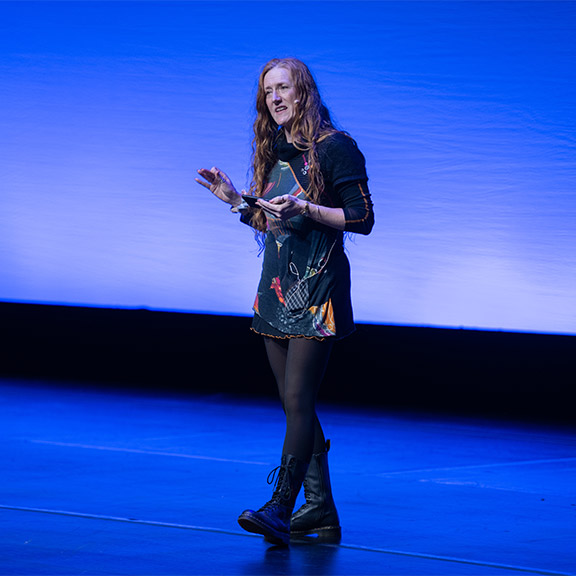
Since establishing the College’s special interest group, Heidi and colleagues have developed a framework for GPs with extended roles, outlining the competencies required for working in the field of neurodiversity. She has also collaborated with the Royal College of Psychiatrists to determine the necessary components for a curriculum aimed at specialists in neurodiversity, as well as undertaking efforts to enhance awareness. “GPs are seeing more and more and more of this, yet resources are lacking.”
An ADHD taskforce was launched by NHS England this summer to address shortcomings in service provision, and aiming to evaluate the optimal model for ADHD services. As part of this process, they are conducting a data analytics exercise to assess the scope of the issue, identify best practices, and review initiatives being implemented in various locations.
Heidi emphasizes that while this may not be a primary focus of general practice, it does not fall strictly under the realm of psychiatry either, and in this context she advocates for an integral role for GPs. “It is already happening. Some of our members are in GP-led hubs, working as GP specialists. They take a whole-person approach, assess autistic traits, ADHD traits, dyslexia, dyspraxia and tics, instead of the current system that channels individuals with ADHD to one waiting list and those with autism to another.” She adds that this approach can address the challenges faced by teenagers caught between child and adult services.
Heidi would be interested in research exploring the prevalence of neurodiversity amongst GPs. The diverse nature of the role, opportunities for problem-solving, and potential for innovation were significant factors in her own decision to transition from anaesthetics training to general practice, she says.
Her lived experience certainly helps her identify with patients and their difficulties. “Especially as a mum of neurodivergent kids when I’m speaking to other parents. My four range from 23 down to 11 years old. It means I can say I understand. When mine went through that, I found this, or this is a resource that I found really helpful.
“By the time parents come to the GP to ask for help they really are at the end of their tether and they’re trying to explain everything you need to know in that 10-minute consultation. I think it's worth reminding service providers of that sometimes.”
Read more
Thank you for your feedback. Your response will help improve this page.
